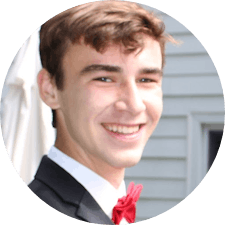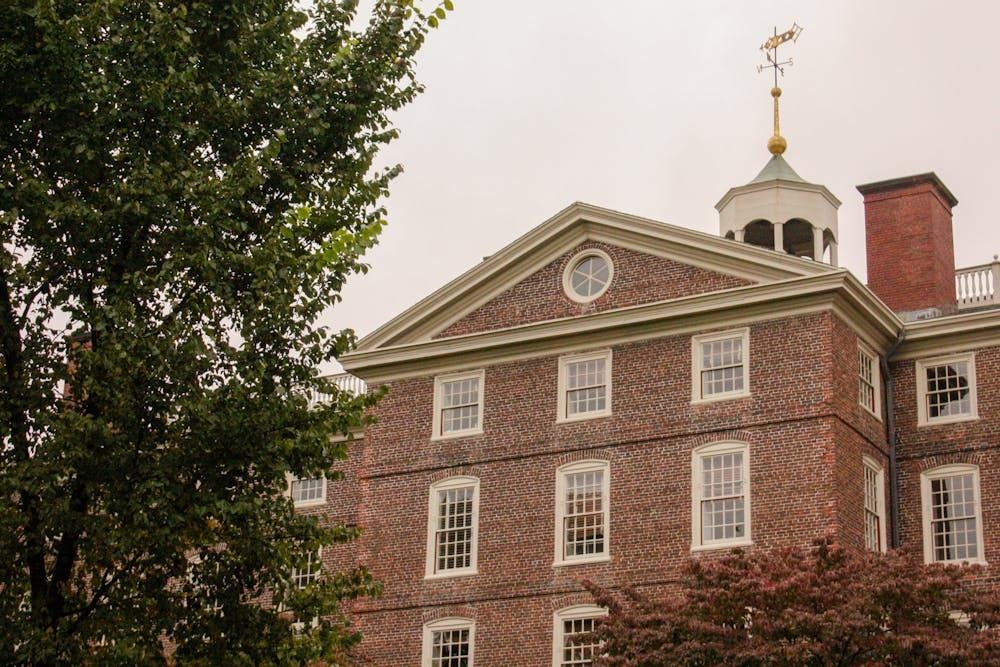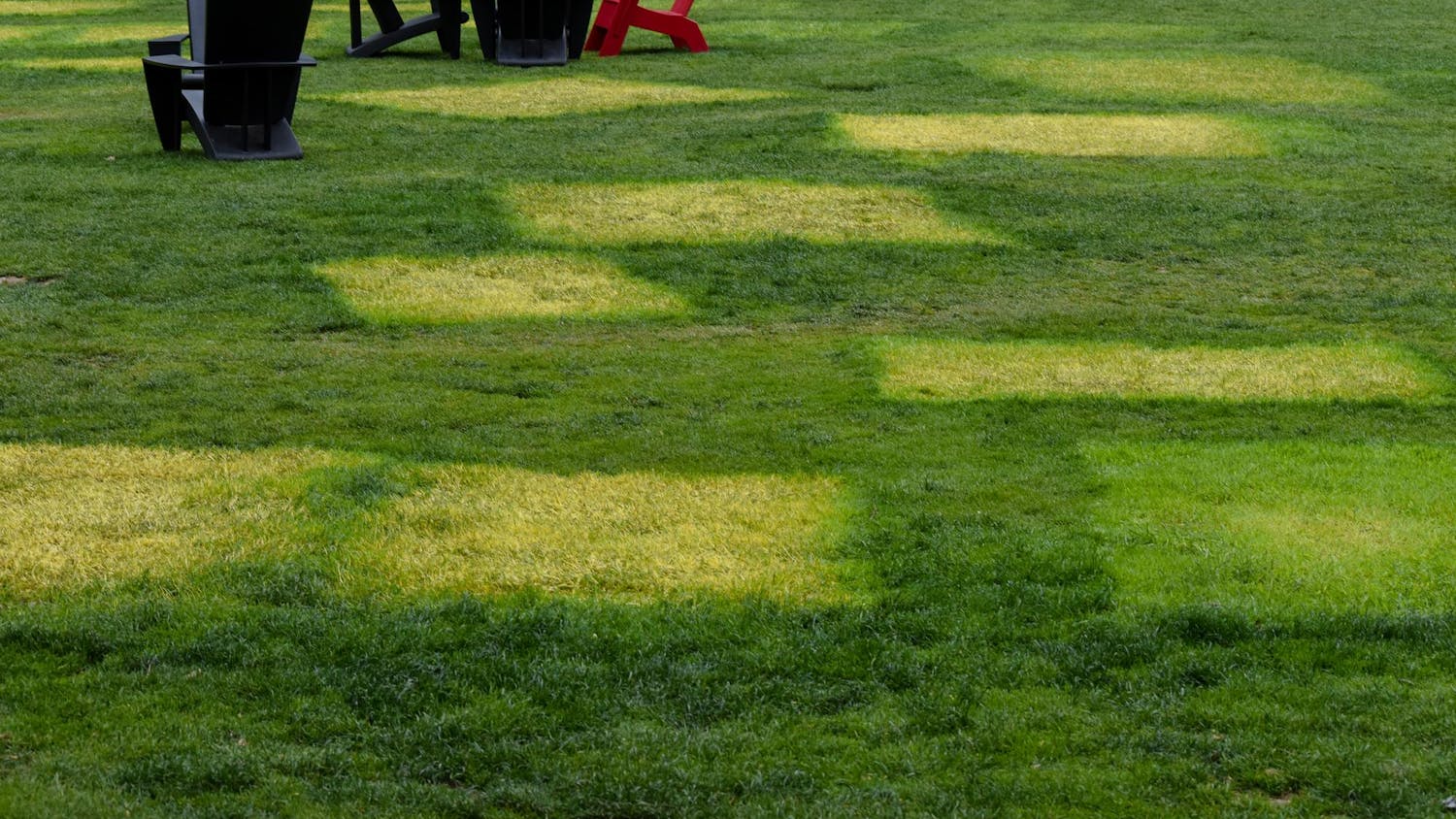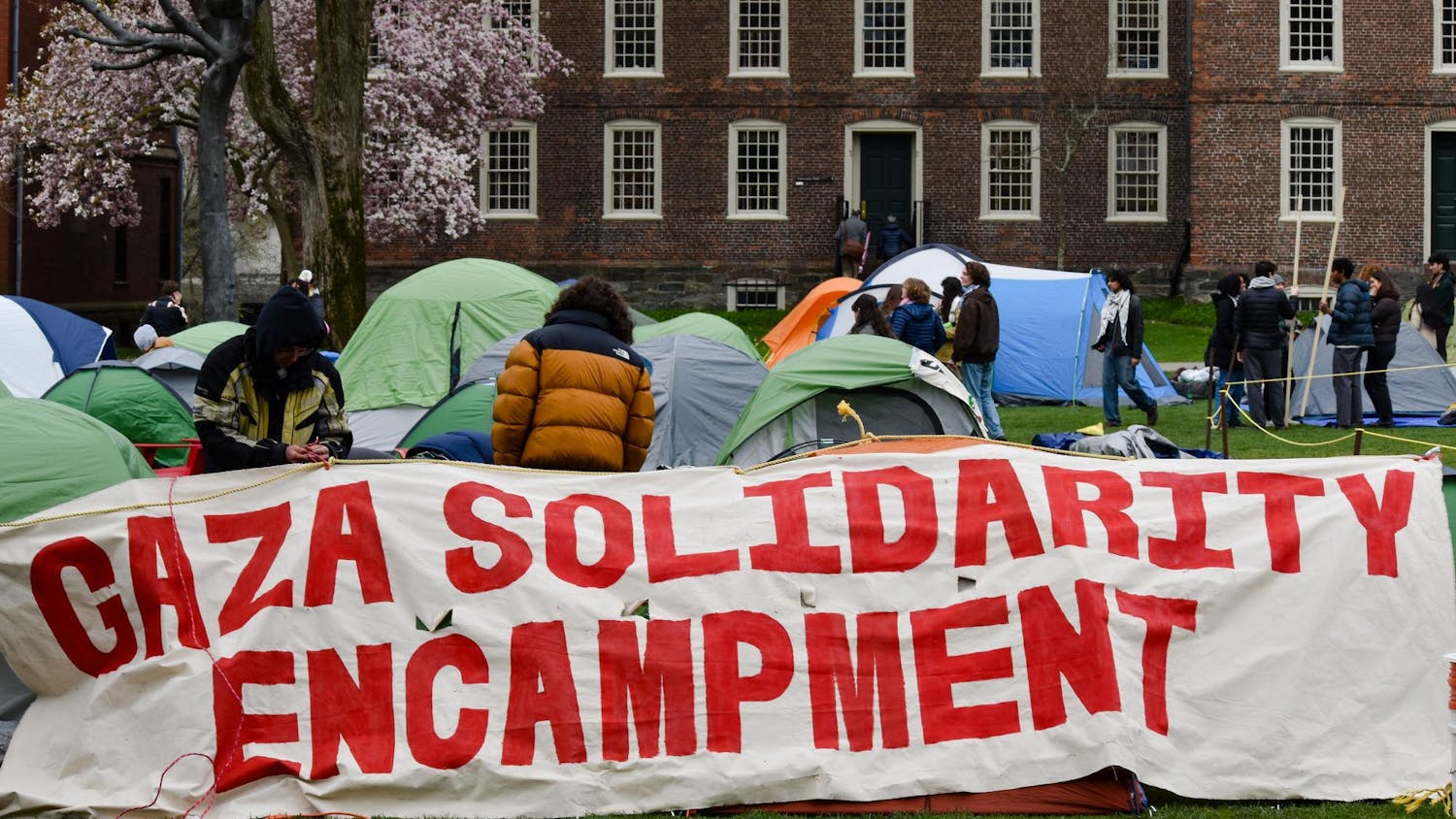Provost Francis Doyle sent an email to community members about University policy surrounding encampments on Tuesday afternoon. The email comes amid a series of national protests calling for a ceasefire in the war between Israel and Hamas and on universities to divest from weapons manufacturers and companies affiliated with Israel.
Doyle wrote that while an “encampment itself is not an arrestable offense, it is a violation of University policy” and may lead to disciplinary action “up to and including separation from the institution.”
“We have observed the unfortunate escalation of misconduct at encampments at other institutions,” Doyle added, referring to protests over the ongoing war in Israel and Palestine that have US college campuses over the past few days. “The larger and the longer an encampment lasts, and the more disruptive it becomes, the more serious the outcomes of the conduct process will necessarily become.”
“Any encampments or offenses violating the law — including any point at which escalating circumstances dictate the need for encampment removal — may include law enforcement response and arrest,” Doyle wrote.
On April 17, Columbia students established a “Gaza Solidarity Encampment” on the university’s South Lawn. The next day, police 108 protestors at Columbia. The encampment is now on its sixth day.
Faculty, student government representatives and members of the university’s executive committee condemned President’s Minouche Shafik decision to engage the New York Police Department when dealing with the protest, according to the .
Chief John Chell told the Spectator that Shafik identified the demonstration as a safety danger, not the NYPD.
After similar demonstrators broke out at Yale and at New York University, 47 protestors from and 120 from were arrested on April 22. Yale students who were arrested received Class A misdemeanors, the Yale Daily News .
Brown’s Green Space Policy, issued in October 2011, “events involving encampments on Historical Greens or residential quadrangles.” Historical greens include Ruth Simmons, the Quiet Green and the Main Green.
The University’s protest policy that “unauthorized entry and/or use of any University space is prohibited,” including “occupation of any University room, building, area of campus or other space controlled by the University in a manner not permitted by the standard rules or policies governing operation for that space.”
The encampments have posed safety concerns for community leaders and administrators at other universities. At Columbia, multiple Jewish students reported antisemitic incidents over the past week, the Columbia Daily Spectator . Those concerns prompted Columbia’s Rabbi Elie Buechler to recommend that Jewish students “return home as soon as possible and remain home until the reality in and around campus has dramatically improved,” Buechler wrote in a Sunday message to a group chat of more than 290 students.
On Monday, Columbia all classes on its Morningside campus to a hybrid model until the semester ends.
Politicians including New York Governor Kathy Hochul and multiple members of the U.S. House condemned the demonstrations and called on Columbia to improve campus safety.
On April 19, multiple protestors at Brown held a demonstration in solidarity with the students arrested at Columbia. The demonstration coincided with A Day on College Hill, the University’s admitted students’ day.
This academic year, two University Hall sit-ins calling for divestment resulted in arrests and disciplinary actions.
On Nov. 8, police arrested 20 students affiliated with Brown Jews for Ceasefire Now; another 41 Brown Divest Coalition-students were arrested and placed on University probation during a second sit-in on Dec. 11. Both groups were charged under trespassing for remaining in a non-residential University building after hours.
Following the shooting of Hisham Awartani ’25 and two other Palestinian students in Vermont, the charges against the students involved with JFCN were dropped. The 41 students arrested in December still face criminal charges.
Correction: Due to a data-entry error on a University website, a previous version of this article misstated the date that Brown issued its Green Space Policy. The policy was issued in October 2011. The Herald regrets the error.

Owen Dahlkamp is a Section Editor overseeing coverage for University News and Science & Research. Hailing from San Diego, CA, he is concentrating in political science and cognitive neuroscience with an interest in data analytics. In his free time, you can find him making spreadsheets at Dave’s Coffee.

Ryan Doherty is a Section Editor covering faculty, higher education and science & research. He is a sophomore concentrating in chemistry and economics who likes to partially complete crosswords in his free time.




